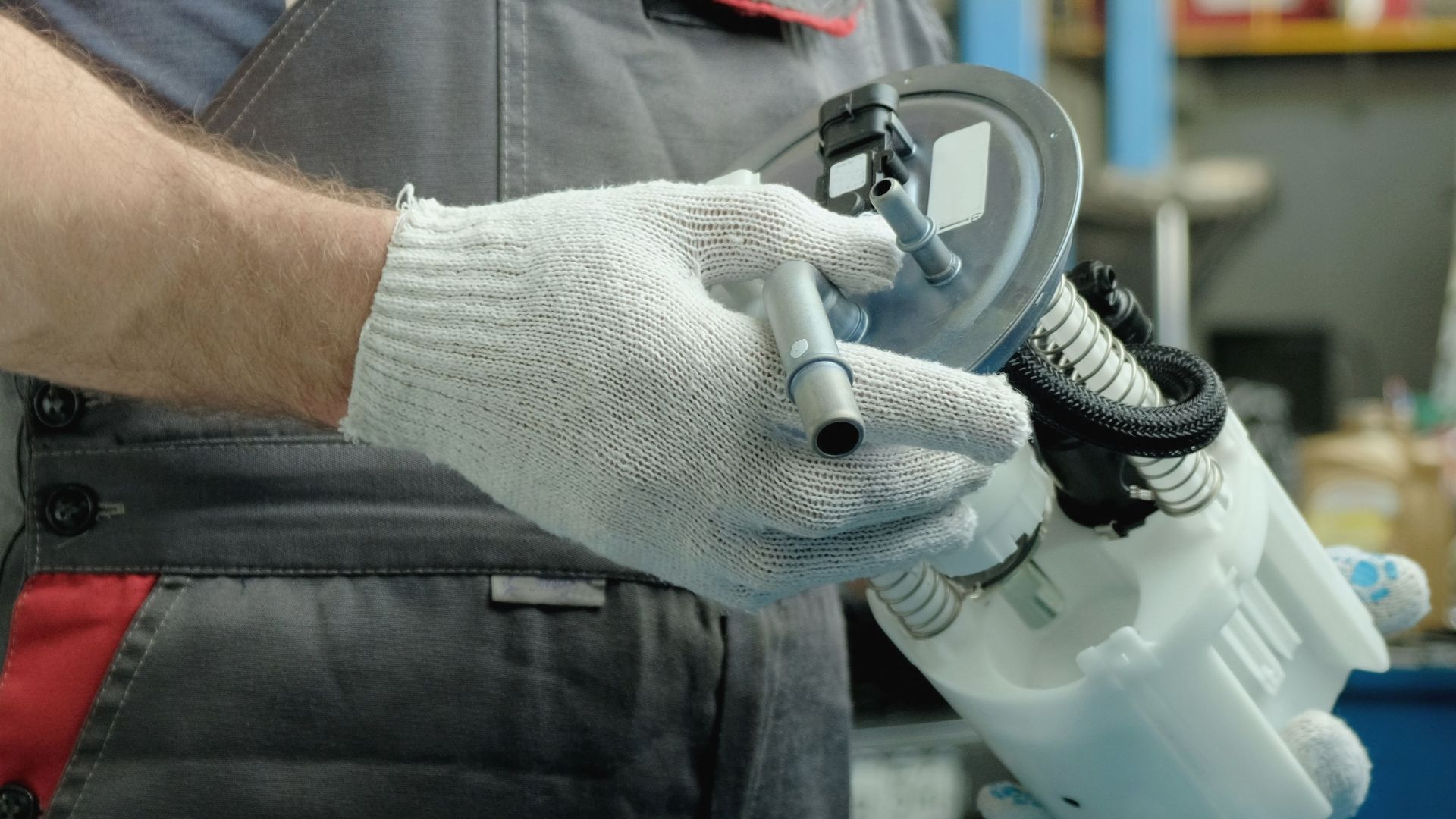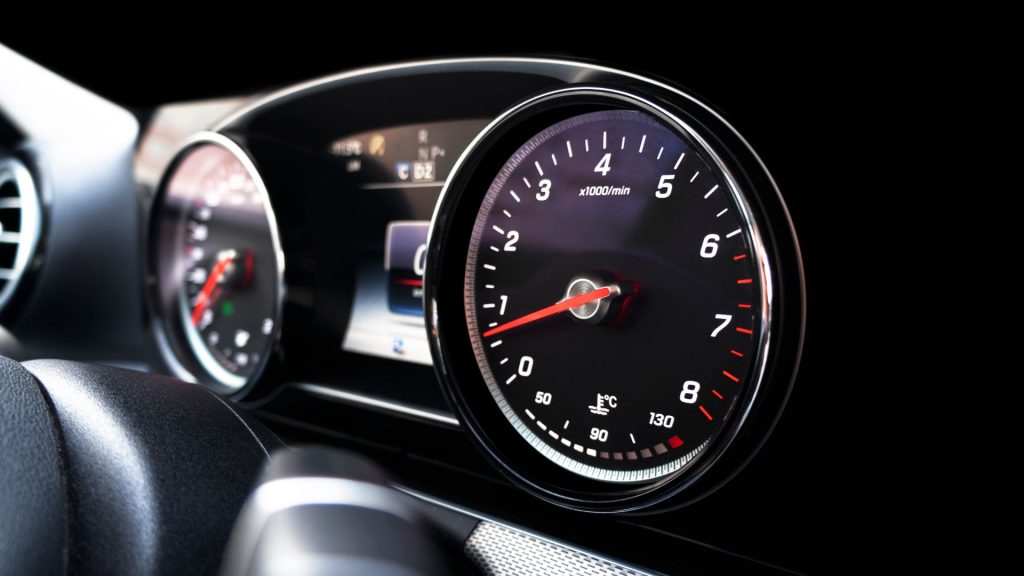What happens when the fuel pump goes out while driving?
Be aware of the potential dangers of a failing fuel pump while on the road.

Your car’s fuel delivery system keeps the engine running by injecting fuel into the combustion chambers where it mixes with air for combustion. Still, have you ever wondered about what happens when the fuel pump goes out while driving?
When the fuel pump goes out while driving, it will result in low fuel pressure, and your car will sputter and shut off. It’s a delicate situation, especially if you are driving on the highway. So our team will lead you through the mechanics behind it, and the reasons why your pump might have stopped.
What’s a fuel pump and what does it do?
Your car’s fuel pump is an essential component of the fuel delivery system. It gets the fuel going from the tank and serves an important purpose in delivering it to the engine. There are two types of fuel pumps – mechanical pumps and electrical pumps.
With a mechanical pump, there’s a small diaphragm inside the pump which gets moved as the camshaft lever is spun. During this cycle, fuel gets into the pump via suction force, and it’s then released towards the engine.
On the other hand, most modern cars have electrical pumps that use an electromagnetic switch to move the diaphragm up and down. The inlet valve lets fuel in, and the outlet valve pushes it through towards the filter and the fuel injectors.
The injectors then spray the fuel into the combustion chambers at a precise angle and under calculated pressure. The pressure builds up from the fuel pump and through the fuel delivery system. So, if a pump malfunctions, there’s no proper pressure and your engine won’t get the needed amount of fuel.
Reasons behind a faulty pump
The fuel pump is located in the fuel tank itself, and it draws fuel from it and pushes it through the fuel lines. There are also some cars with an “inline” pump located between the gas tank and the engine. Either way, the pump in the gas tank mostly fails when your car stalls while driving.
What you might not realize is that the pump heats up as it operates, and the fuel within the tank also serves a cooling role. As long as there’s enough fuel in the tank, the fuel pump will operate properly. However, if you tend to drive with the “low fuel” lamp blinking, there might not be enough fuel to cool down the pump.
This might cause it to overheat, and it will even pull air and debris from the bottom of the fuel tank and it all gets mixed up in the combustion chamber. This is a dangerous scenario, which is why it’s so important to keep your fuel delivery system under control.
It’s important to change the fuel filter and the fuel pump to allow proper fuel pressure and filtering from any external residue. The fuel pump can also malfunction as the dirt and debris from the bottom of the gas tank pass through it. It can also simply wear off due to high mileage, and it will be necessary to replace it.
The worst-case scenario – fuel pump going out while driving
So, now you know why your fuel pump might be on its way out, but if you don’t recognize the symptoms of a bad fuel pump, it might die while driving. If this happens, your engine will probably stall and it’s especially annoying if this happens at a higher speed.
Sometimes, it’s possible that the engine will just struggle for a while but it still keeps functioning so you can limp your way to the garage. If you notice your engine revving up and then lowering the power output without you placing your foot on the pedal, it’s also due to a bad pump.
If the fuel pressure gets too high, it’s also possible that too much fuel will be sent to the engine, and that’s the reason behind those sudden power outputs. You can also recognize a characteristic fuel pump whine noise coming from the gas tank.
These are all signs of a bad fuel pump while driving, and your best move is to come to a safe stop. Problems with the other fuel delivery system parts can cause a car to shut off while driving but turn back on.
Problems with a bad pump will surely affect your engine’s combustion, so the best scenario is a stalling engine that still stays on. This way at least you’ll be able to find a safe place to stop if your engine doesn’t completely seize.
Signs of a bad pump while driving

There are several common symptoms of a bad fuel pump, and recognizing these symptoms can save you from facing a potentially dangerous situation. It’s always best to replace the fuel pump on time and at least not risk your engine shutting off in the middle of the drive.
These are the most common signs of a faulty fuel pump that you might experience while driving:
- A sudden decrease in fuel economy
- Engine surges and stalls
- A sudden decrease in acceleration
- Engine misfires while driving
If you’ve been having trouble starting your car before taking the trip, that’s yet another sign of a pump that’s on its way out. Also, you should pay attention to whining noises coming from the back of your car in case you experience any of these symptoms.
If you hear it, it’s coming from the fuel tank and it’s a sign of a bad pump. This way, you’ll at least know what’s happening and you can prevent a bad fuel and air ratio in the combustion chambers. It’s not only dangerous as it lowers your driving performance, but it’s also bad for your engine.
Our take
Ultimately, we hope to have answered your question of “what happens when the fuel pump goes out while driving” in detail. You can now bear the information from this guide in mind and be prepared in case of this unfortunate scenario.
The most important thing is to stay calm and look for a safe place to stop if your engine shuts off due to a bad fuel pump.
How does a car act when the fuel pump is going out?
Your car will sputter and possibly completely stall if the fuel pump is going out. In most cases, you won’t be able to keep driving afterward, while sometimes it’s possible to drive a few miles longer but the engine still stalls.
What happens when your fuel pump goes bad while driving?
When your fuel pump goes bad while driving, you might have to stop since the engine will probably shut off. Even if it doesn’t turn off right away, you shouldn’t try driving much longer and look for a safe place to stop instead.
Do fuel pumps fail suddenly?
Yes, fuel pumps do fail suddenly, but you can pay attention to a few indicators before that so you can see it coming. These include whining noises from the fuel tank, engine sputtering, and a big decrease in fuel economy.